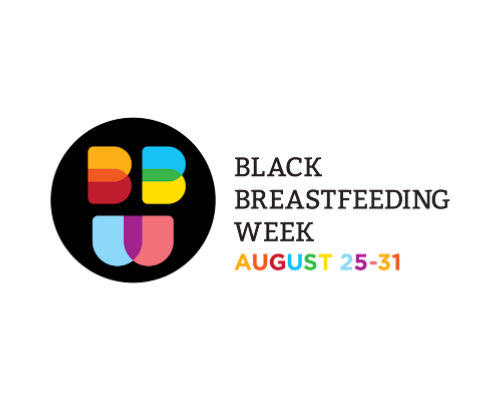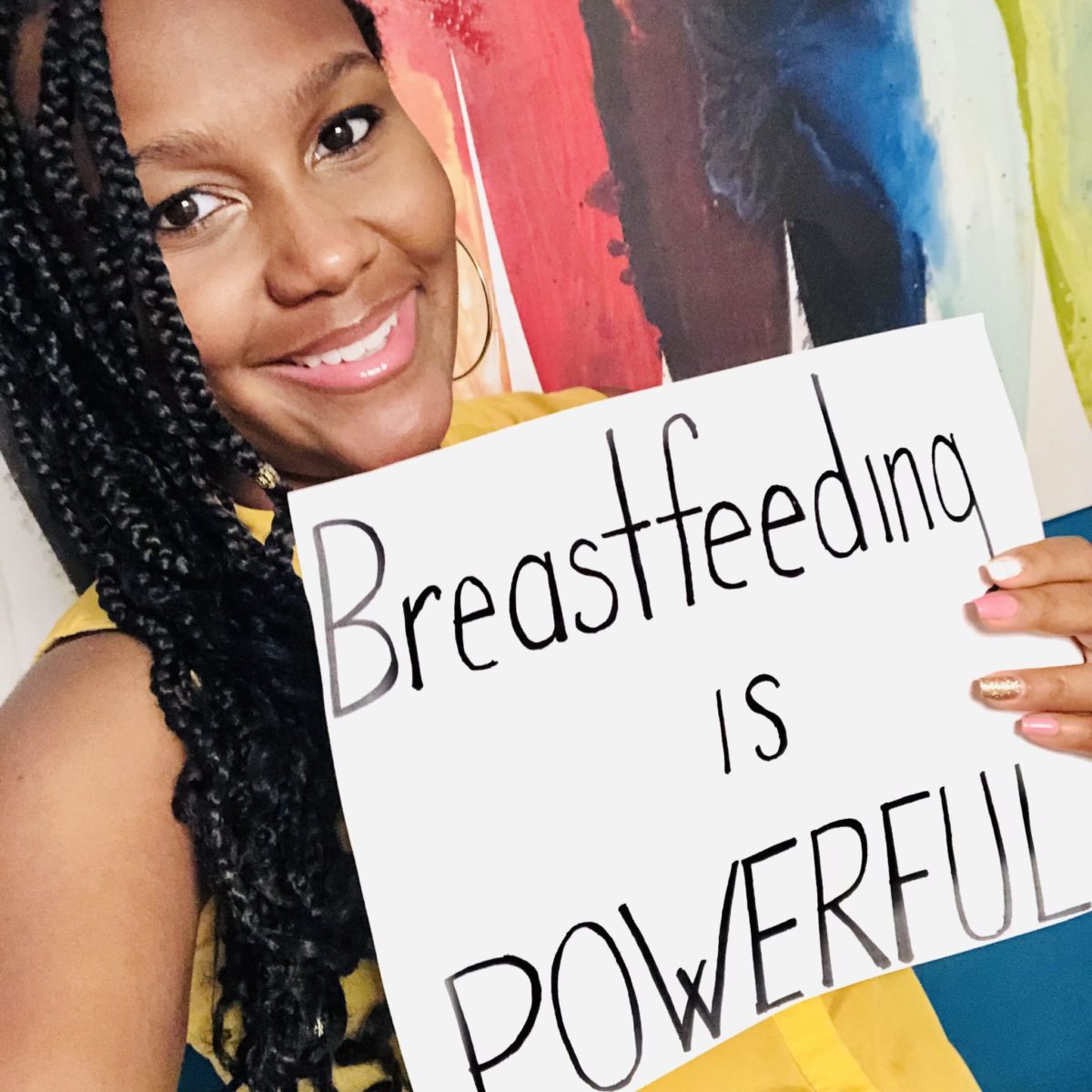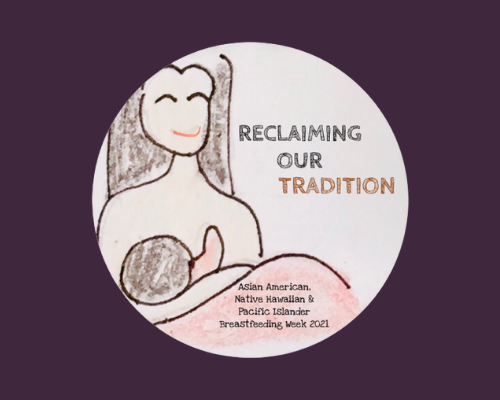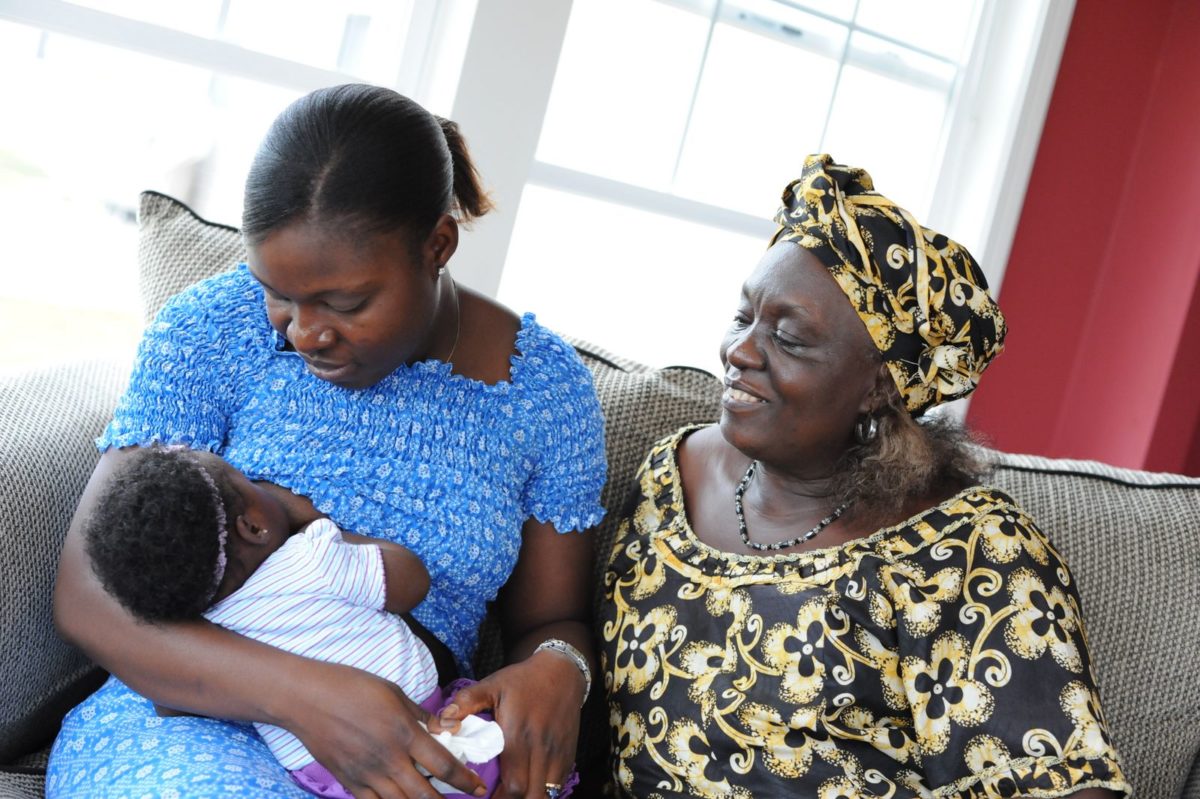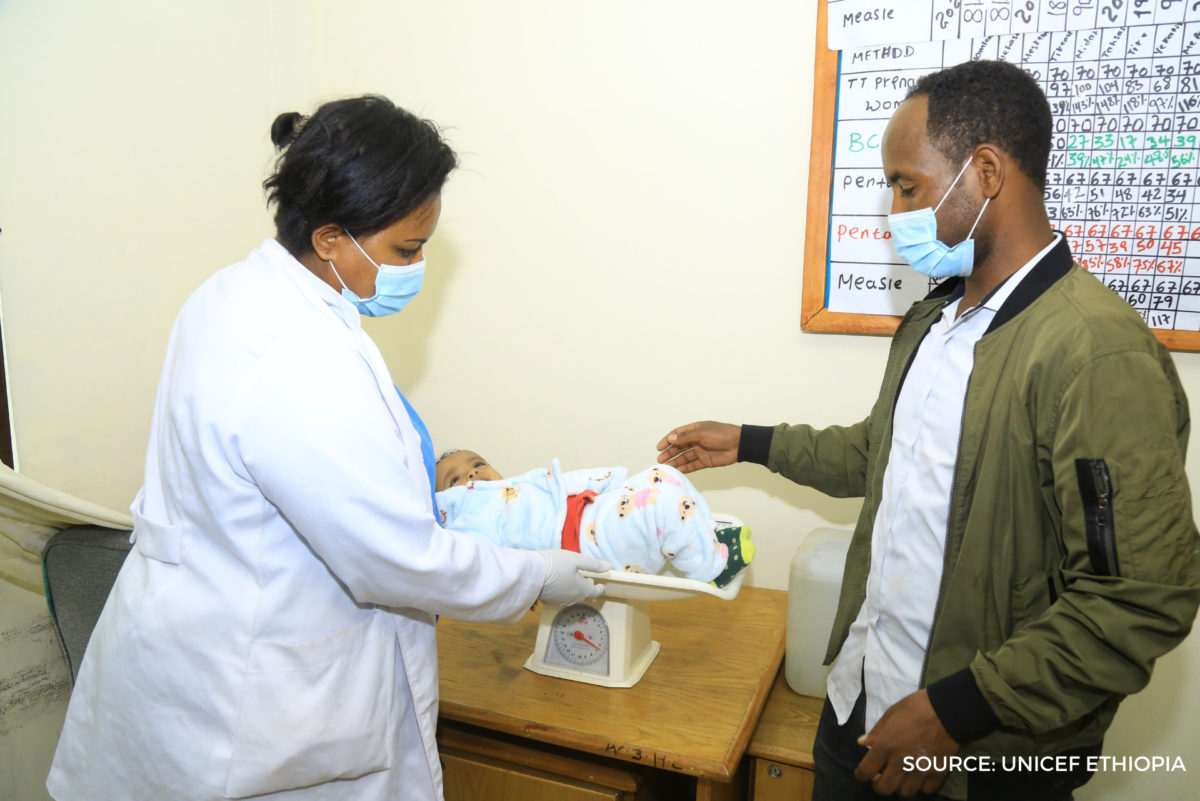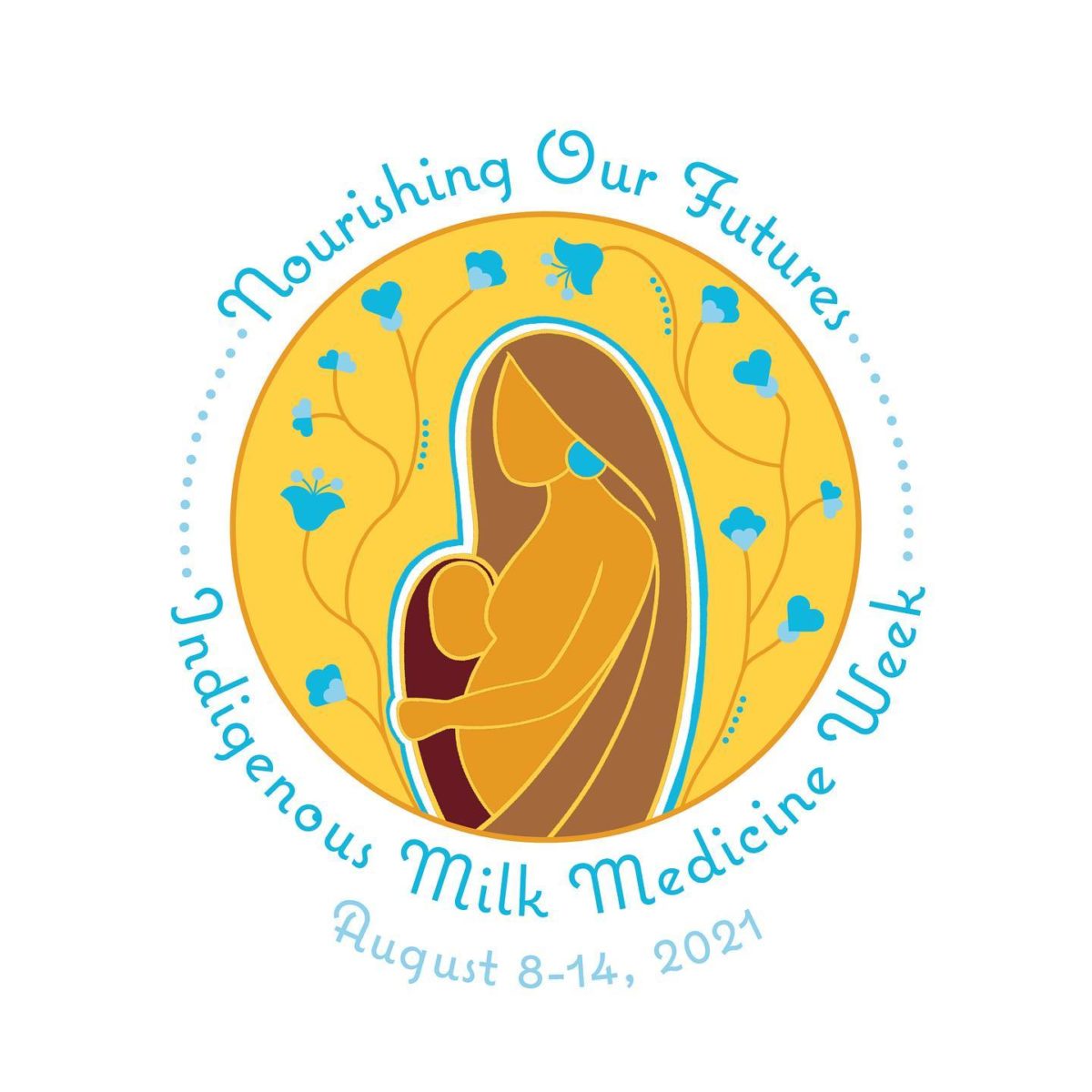Black Breastfeeding Week: The Big Pause: Collective Rest for Collective Power
Today marks the beginning of the ninth annual Black Breastfeeding Week, which takes place from August 25-31. Black Breastfeeding Week was created in 2013 to eliminate racial disparities in breastfeeding through increasing diversity in the lactation field, celebrating Black lactation supporters, breaking down stereotypes, and building a community of support.
Founders Kimberly Seals Allers, Kiddada Green, and Anayah Sangodele-Ayoka introduced this year’s theme, The Big Pause: Collective Rest for Collective Power, on Facebook. Kimberly explains, “What a year it has been…an ongoing pandemic, the wave of racial uprisings, our continued fight for Black lives, the ways that mothers have been forced out of the workforce, and the ways that we’ve been overwhelmed with parenting, birthing, breastfeeding, schooling, nurturing, all the things…one thing is clear: we are tired.”
The need for collective rest highlights the relentless efforts of Black lactation supporters in helping families meet their breastfeeding goals. All over the United States, Black women and men are leading innovative programs that are making an impact on breastfeeding rates.
One such program, All Moms Empowered to Nurse (AMEN), started in a predominantly-Black neighborhood with low breastfeeding rates in Cincinnati, Ohio. Breastfeeding moms in the neighborhood can become Breastfeeding Champions and lead support groups, which create a source of community and family support in an under-resourced area. Since AMEN started in 2017, breastfeeding rates in the neighborhood have increased by 12%.
Over the years, the work of Black lactation support providers has made great strides in closing gaps in breastfeeding rates. At the inception of Black Breastfeeding Week in 2013, 66.3% of Black infants in the United States were ever breastfed, while 84.3% of white infants were ever breastfed. By 2018, the gap had narrowed significantly: 75.5% of Black infants were ever breastfed, while 85.3% of white infants were ever breastfed.
Here at 1,000 Days, we are thrilled to celebrate Black Breastfeeding Week as we fight alongside our partners for policies and programs that will enable all families to meet their breastfeeding goals. To learn more about Black Breastfeeding Week celebrations and how you can support the work of Black lactation leaders, follow Black Breastfeeding Week on Facebook or @BlkBfingWeek on Instagram and Twitter. For more information on lactation support programs in the Black community, check out Breastfeeding Medicine’s Special Issue on Breastfeeding and the Black/African American Experience in February 2021 and June 2021.

